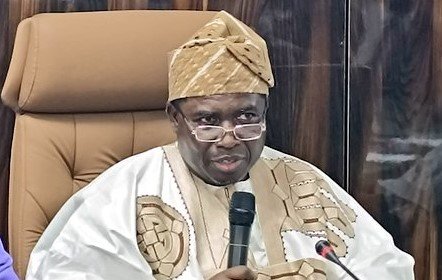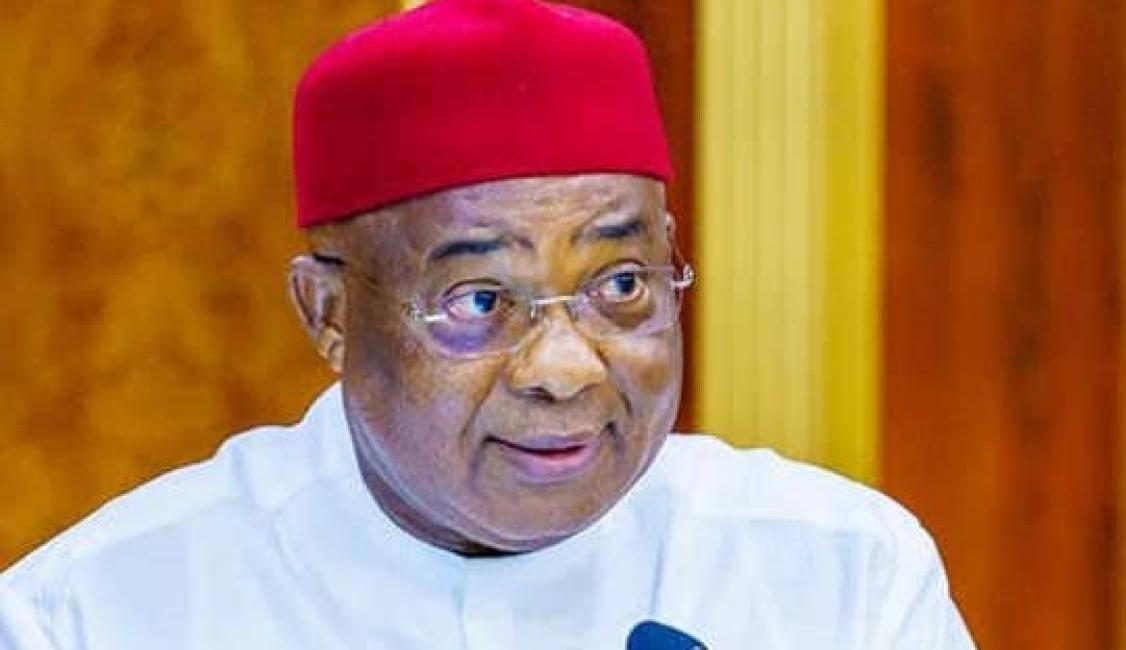Nigeria’s new electoral chief, Professor Joash Amupitan, SAN, has declared that the era of courts deciding election winners must end. He said Nigeria could no longer afford a system where judicial verdicts overshadow the will of voters.
Speaking on Monday at the 56th Annual Conference of the Nigerian Association of Law Teachers (NALT) at the University of Abuja, the Independent National Electoral Commission (INEC) Chairman vowed to strengthen legal and institutional frameworks so that elections would truly be won and lost at polling units.
Amupitan said his administration would focus on reducing the growing wave of pre-election litigations that have plagued Nigeria’s democracy.
“The court cannot continue to determine elections,” he said firmly. “If the right legal frameworks are in place, elections will be decided at the polling units.”
He reaffirmed his commitment to transparency, fairness, and the rule of law, urging legal scholars to collaborate with INEC to reform the system.
“This moment brings me before my mentors, colleagues, and mentees,” he told participants. “I’m not in doubt that you will offer constructive advice when necessary.”
Reforming The System Through Law and Collaboration
The INEC chairman described law as the foundation of governance and national development.
“Law is not merely a set of rules,” he said. “It is the bedrock upon which societies build progress, ethical governance, and citizens’ rights.”
He noted that while the National Assembly had made commendable amendments to the Electoral Act, more needed to be done.
“There is little INEC can do by way of policy if the law does not support us,” Amupitan explained. “I will work closely with the legislature to ensure enduring electoral laws that Nigerians can be proud of.”
He called on legal academics to support INEC through research, advocacy, and constructive criticism. “Look at me as your ambassador,” he added. “I need your prayers.”
Citing Kenyan scholar Patrick Lumumba, Amupitan reminded participants that “whenever Nigeria provides leadership, Africa takes its rightful place,” adding that fixing Nigeria begins with gatherings that inspire collective responsibility and patriotism.
Law Teachers Call for Stronger Legal Foundations
In his address, NALT President Professor Oluwole Akintayo urged for a rethinking of the role of law in Nigeria’s development.
“Law must serve as the foundation of market efficiency and human dignity,” he said. “Our theme, National Development and Economic Sustainability in a Globalised World, is both timely and consequential.”
He warned that law must not remain “a passive spectator” but become “an active architect” of Nigeria’s progress amid global disruptions.
Akintayo also raised concerns over economic hardship, inflation, and unemployment, saying these conditions were eroding social cohesion and deepening inequality.
Akintayo described Amupitan’s appointment as INEC chairman as “a proud moment” for NALT and an opportunity for the legal community to shape electoral jurisprudence and democratic governance.
“Electoral justice lies at the foundation of democratic legitimacy and sustainable development,” he said.
Balancing Globalisation and Justice
Chairman of NALT’s Board of Trustees, Professor Ademola Popoola, cautioned that globalisation—though widely celebrated—had worsened inequality in developing nations. He called for inclusive economic policies that promote justice, sustainability, and shared prosperity.
The conference closed with calls for a renewed national ethos anchored on justice, accountability, and mentorship.
Many agreed that if Amupitan’s INEC succeeds in restoring credibility to Nigeria’s electoral system, the courts may finally return to their rightful role—interpreting the law, not deciding who governs.
Rate, Like 👍, Comment 💬, Share this article, Follow us on our social media handles, and Submit your own story to get featured and earn rewards!







